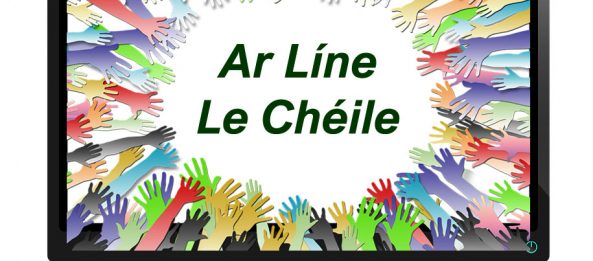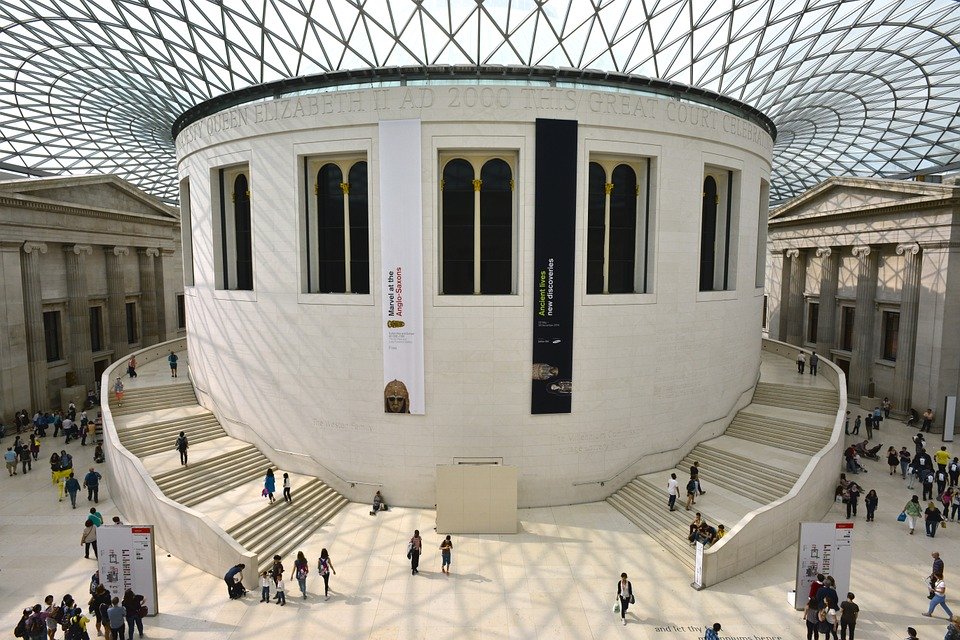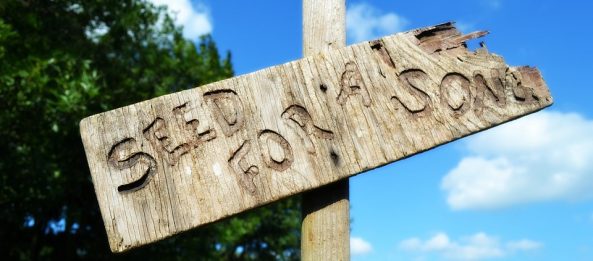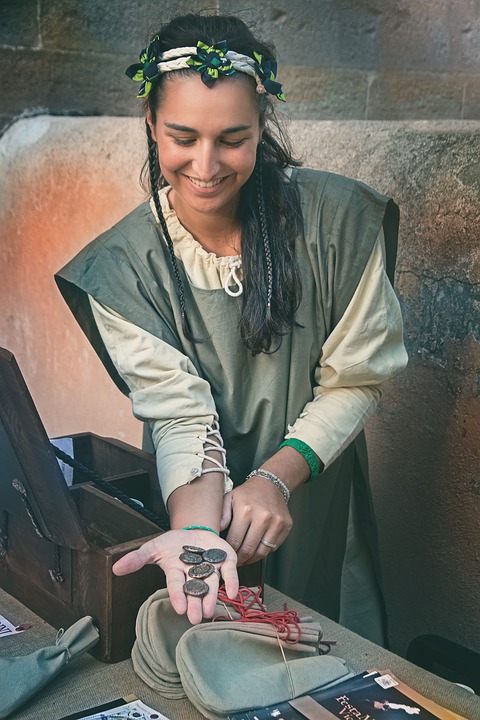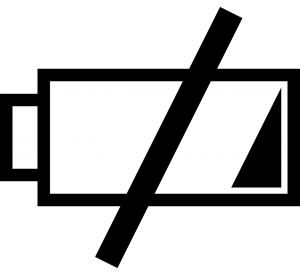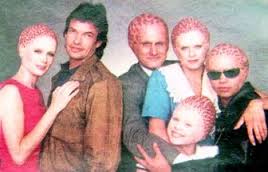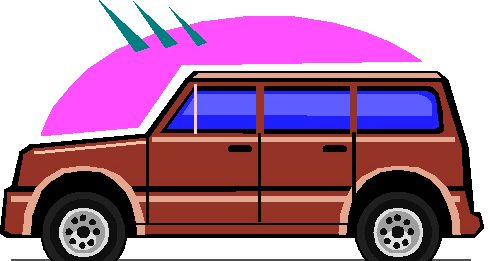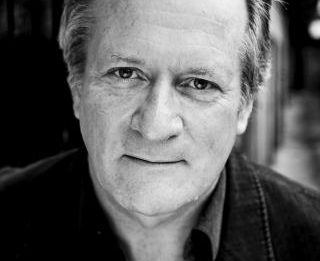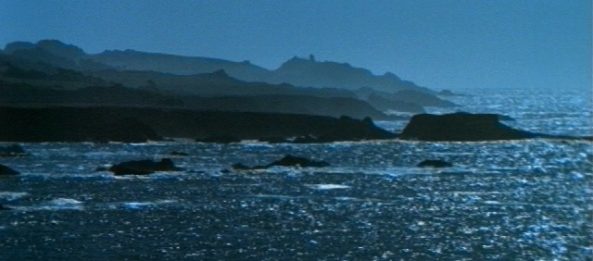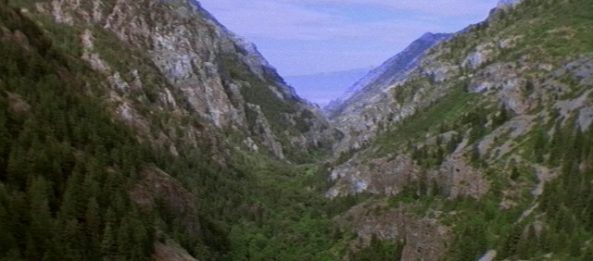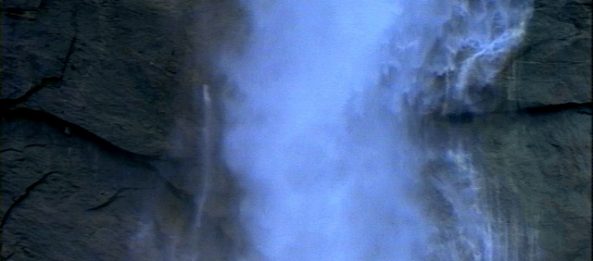Before I was involved in an online arts centre, I was involved in an online school.
The Covid-19 has involved a lot of “online firsts” for me, many of which involves using new software for face-to-face online conversation. Ar Líne Le Chéile was the first of the firsts.
As soon as the schools in Ireland were shut, on Thursday 12 March, three friends (Notes from Xanadu contributors Philipa Farley and Simon Woodworth, and electronic engineer Gerard Heaney) and I decided to set up an online school. We wanted to be able to help children of friends and family with any isolation and loneliness that they might be feeling as a result of the crisis, and to give them the opportunity to explore new ideas with each other. The next day, Philipa gave Gerard and me an introduction to Microsoft Teams, and two days later I ran a trial lesson with my niece and nephew, to make sure I knew what I was doing, software-wise (with more than a decade’s experience I was fairly confident on the teaching front).
As it soon became clear that the regular schools would be sending work home for the children, I decided to have a different focus – theme-based, multi-disciplinary lessons designed to whet the student’s appetite for further exploration or activity, in whichever direction might take their interest. The first of these was a virtual visit to the British Museum to visit the Rosetta Stone. We also used a hieroglyphic typewriter, and made posters. After a meeting with parents on the Monday night, the school opened with this lesson on Wednesday, 18 March, with 11 pupils.
We settled into a regular routine after that with the themed lesson on Mondays and an associated feedback class on Fridays. On Wednesdays, I led a half-hour conversational Irish class, whilst Philipa taught Scratch programming on Thursday. Gerard gave us an evening Introduction to Electronics on the second week. During what would have been the school holidays, I led a weekly “keeping in touch” session on the two Thursdays.
Ar Líne Le Chéile has pupils from Sligo, Roscommon, Dublin, Cork and Galway. The school is free, and the teachers are giving their time as volunteers. I asked some of the children and parents for their thoughts for an earlier press release.
“It’s a great way to learn – you feel connected with other learners” said Jack Keaney, a 12-year-old student.
Charlotte Gask, mum of three of the students, had this to say:
“For me, I think the subjects are great. It lovely that it includes lots of ages and abilities, but mostly I love that it is scheduled. It gives us an anchor for our ‘school’ day.”
Her daughter, Georgie Longstaff, added:
“I like it, it’s more fun than school.”
Philipa’s two daughters, Ruth and Zoë, love that they can help demonstrate and make a game (while learning). They also like helping their mother to teach.
We are currently on a two-week break, and there was some thought that maybe the normal schools might be resuming before the end of that, but An Taoiseach Leo Varadkar’s announcement yesterday has made it clear that primary and secondary schools will not be reopening until September. Ar Líne Le Chéile, on the other hand, will be resuming on 11 May. Our students are the nicest bunch of children you could possibly hope to meet, and I am looking forward to seeing them all again on Monday week – nuair a bheidh muid ar líne le chéile arís (when we will be online together again).
Mary Tynan
More information about our school can be found at www.arlinelecheile.school.
